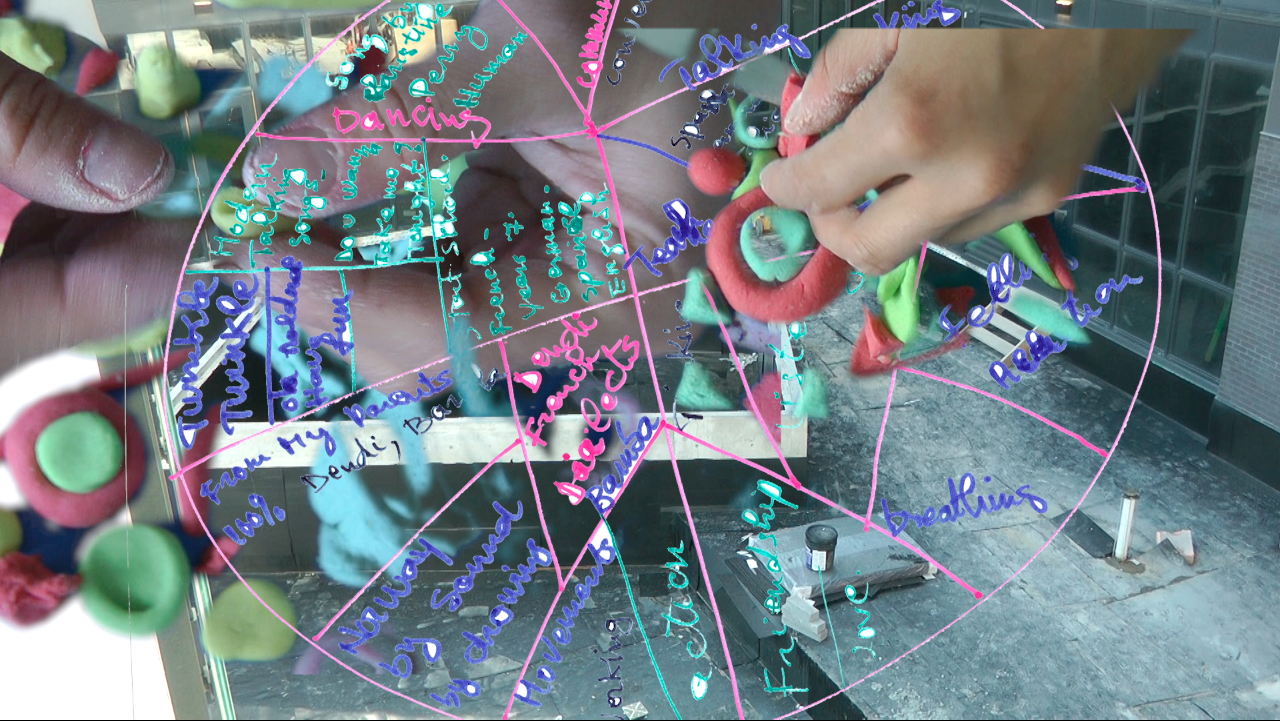Second Tongues is an on-going project by artist Serena Lee. Imagining a world where everyone is assigned a randomly selected second language at birth, Lee explores the dynamics of language learning and the politics of language hierarchies. Working with community members with this imagined setting in mind, Lee asks people to reflect on nationhood, kinship, and market-driven globalization through world-building activities.This installation is a reminder of the complexity of our language systems, as well as the many ways we connect despite differences and distance.
Serena Lee plays with moving image, sound, place, and gesture to map how things come together and apart. She works through open-ended processes that stretch language and geography, involving conversation and collaboration. Serena holds an MFA from the Piet Zwart Institute (NL), and an Associate Diploma in Piano Performance from the Royal Conservatory of Music (CA). Serena is based between tkaronto/Toronto, where she was born, and Vienna, where she is completing a PhD at the Academy of Fine Arts Vienna.
Essay ↑
Second ( ) Tongues
By Daniella Sanader
In the future—
(Let’s begin here, secure in a future-time marked as singular. To speak of the future—of the future—is to hold the word with declarative ease. Made solid, smooth, and firm through repetition, it’s a stone that matches the curves of your mouth; perhaps you no longer register its shape. It’s just what we tend to say, isn’t it? Dislodge it, turn it over on your tongue. Can we find language for multiple futures at once—tangible ones, under-baked and sticky ones, knotted ones, futures that reshape us as we speak them?)
we all speak a second language not of our choosing—
(An Italian story[1] describes a poet looking to better his craft by learning a new language. An English sea captain offers to teach him Persian, one foreign tongue amongst many that the captain had learned throughout his travels. The two men begin their work in earnest, talking and writing together, and the captain is impressed with how quickly the poet familiarizes himself with the language’s rhythms. The captain departs and the poet decides he is ready to compose his own works in Persian. He tinkers over them tirelessly, pleased and galvanized by how the language offers him new architectures for his thinking. Finally, he decides to refer to the works of other Iranian writers, whom he has abstained from in order to preserve the integrity of his poetic voice. To his horror, he quickly discovers he can’t understand their writing at all: he didn’t learn Persian.)
It is assigned at birth and—
(Serena’s fingers—they knead and pull, exerting gentle pressure against a range of pliable surfaces. There’s the technicolour grain of salt dough, the lustre of bread rolls molded in plastic, the peaks and valleys of handwritten questions on loose paper. Throughout Second Tongues, she collects these squishy textures and many others; she recognizes that language-learning is a process that occurs somewhere between the softness of a body and the grammars of power that endeavour to shape it.)
selected at random from the history of language—
(A popular tweet asks: “What’s considered trashy if you’re poor, but classy if you’re rich?”
One answer is repeated, again and again: “Being bilingual.”)
to be learnt and used alongside the mother tongue—
(There’s a rhyme that my grandmother used to sing to me when I was little. All I seem to remember is the turning point of its conclusion—the second half of a singsong pair, with an upturned voice and playful exclamation mark. I’ve forgotten the rest, along with the majority of this language that was supposedly my very first.
моје маме десна рука! Moje mame desna ruka! My mother’s right hand!!
The second line is what gives a rhyme its meaning, its cadence and pleasure—but without the first, the second is unmoored, residual. A punchline without a joke. An answer without a question. Right hand found reaching for its left.)
All nations or organized societies have agreed upon a lottery system—
(Perhaps you have questions. The speculative narrative at the core of Second Tongues surrounds itself with questions, they both fortify and undermine it. How was this agreement facilitated between all nations and societies? Is there an international council that enforces it? What communities qualify under these categories, and which are excluded? Who makes these decisions and how?
Second Tongues does not attempt to answer these questions. Instead, Serena weaves them into the fabric of the project itself; collected through discussions in workshops with artists and writers, adult literacy learners, migrant communities, domestic workers, linguistic scholars, and others. As the project expands, the central narrative is also translated into more and more tongues, layers contributing to its ever-thickening warp and weft. Collective speculation produces a polyvocal shimmer, new pathways emerge with each inquisitive line.)
and the pool of possible draws—
(So, if not Persian, what language did the Italian poet learn? He consults other linguistic experts, who dissect his script and are baffled by it. It bears no resemblance—in structure and style—to any other known language across the world, living or dead. The English captain is equally unhelpful, speculating that the poet’s imagination overtook his otherwise accurate lessons. The poet is dismayed; this language was entirely of his own invention. Who are his poems for, if no one can read them? He had accessed new truths, his mind and hand reshaped around a new grammar; were they lost if no one was able to receive them?)
consists of every single language that has ever existed—
(Here’s another question: if Second Tongues were stored in this library, what shelves would house it? The “Art” or “Science Fiction” categories seem self-evident, but maybe the project’s glutenous textures would be better represented under “Cooking”; its linguistic experimentation finding space amongst poetry titles, or digital resources for language learning. I like to imagine that Second Tongues finds its most natural home amidst a library’s less taxonomic infrastructures: clusters of chairs arranged for group discussion, scrap papers and small pencils that collect call numbers for shelves; water fountains and vending machines. Structures that support our bodies as we imagine new futures into being.)
dead or living, dialects too—
(There are ancient glyphs pressed in once-malleable clay; there’s the pillowy, expansive cloud of shared laughter around a table. There is a shape to this distance—however massive or intimate—between writer and reader, between speaker and listener.
How far did these words travel in order to reach you, reading them here in this moment? Speak them aloud, add more of your own. Read these words in whatever tongues—first, second, third—you like.
Maybe with time, in some slowly congealing future, they will find their way back to me.)
and the pool keeps growing.
Daniella Sanader is a writer and reader who lives in Toronto.
[1] Tommaso Landolfi’s “Dialogo dei massimi sistemi, (Dialogue of the Greatest Systems)” published in 1937, and referenced in Daniel Heller-Roazen’s Echolalias: On the Forgetting of Language (New York: Zone Books, 2008): 195-202. This source is used by Serena Lee in Second Tongues-related workshops and discussions.
Community Responses:
I love when words are similar in many languages.
Language is so complex - it holds so much about world views and personal perspectives.
I’m terrible at remembering words in other languages.
Your installation team is incredible. They speak the language of awesomeness.
It’s like opening a door into another world
Learning languages could be tiring and so challenging but it’s a beautiful experience when you can finally communicate in new language. So it’s worth it afterall.
Awesome.
I wish I knew more languages. It’s cool
I like learning.
I like learning.
Cookie
Love idea
Good
Yes
It’s cool
Very Educational
I love learning a new language!!
It is cool to know another language that is native to where you live. Nobody can understand what you’re saying. (Like a secret code) 😊
I like it
I think it’s fun to learn languages
I think that learning second languages has many benefits for example you’ll have more opportunities, learn about new cultures and have an overall great experience 😎😎.
Super cool and also awesome sauce and also Impressive
Good
It is hard but enhances understanding.
Educational
Revolutionary as well as purpose
Overstimulating.
I love when words are similar in many languages. Language is so complex - it holds so much about world views and personal perspectives. I’m terrible at remembering words in other languages. Your installation team is incredible. They speak the language of awesomeness. It’s like opening a door into another world Learning languages could be tiring and so challenging but it’s a beautiful experience when you can finally communicate in new language. So it’s worth it afterall. Awesome. I wish I knew more languages. It’s cool I like learning. I like learning. Cookie Love idea Good Yes It’s cool Very Educational I love learning a new language!! It is cool to know another language that is native to where you live. Nobody can understand what you’re saying. (Like a secret code) 😊 I like it I think it’s fun to learn languages I think that learning second languages has many benefits for example you’ll have more opportunities, learn about new cultures and have an overall great experience 😎😎. Super cool and also awesome sauce and also Impressive Good It is hard but enhances understanding. Educational Revolutionary as well as purpose Overstimulating.
Artist ↑
Images ↑
Photos by Don Hall
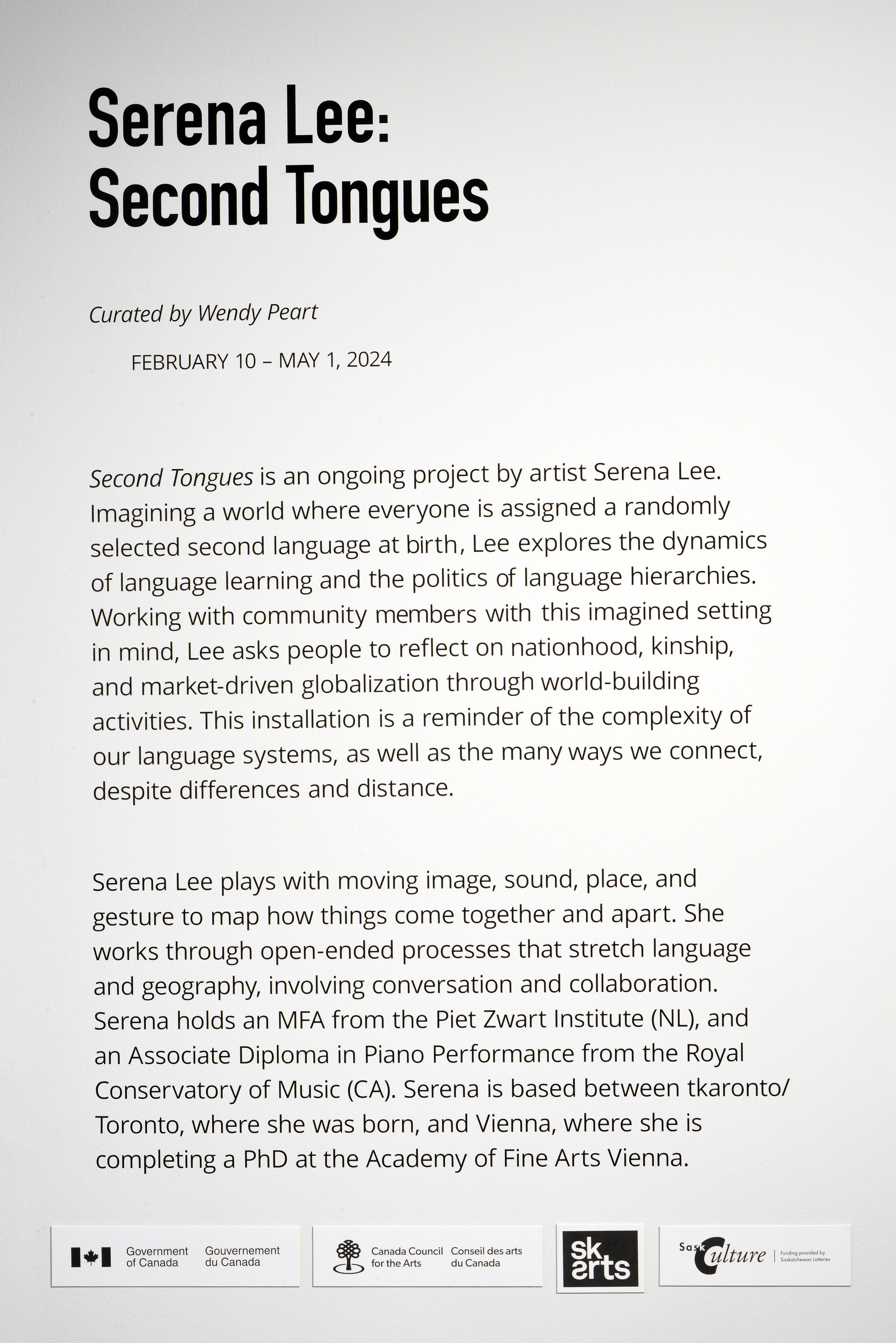
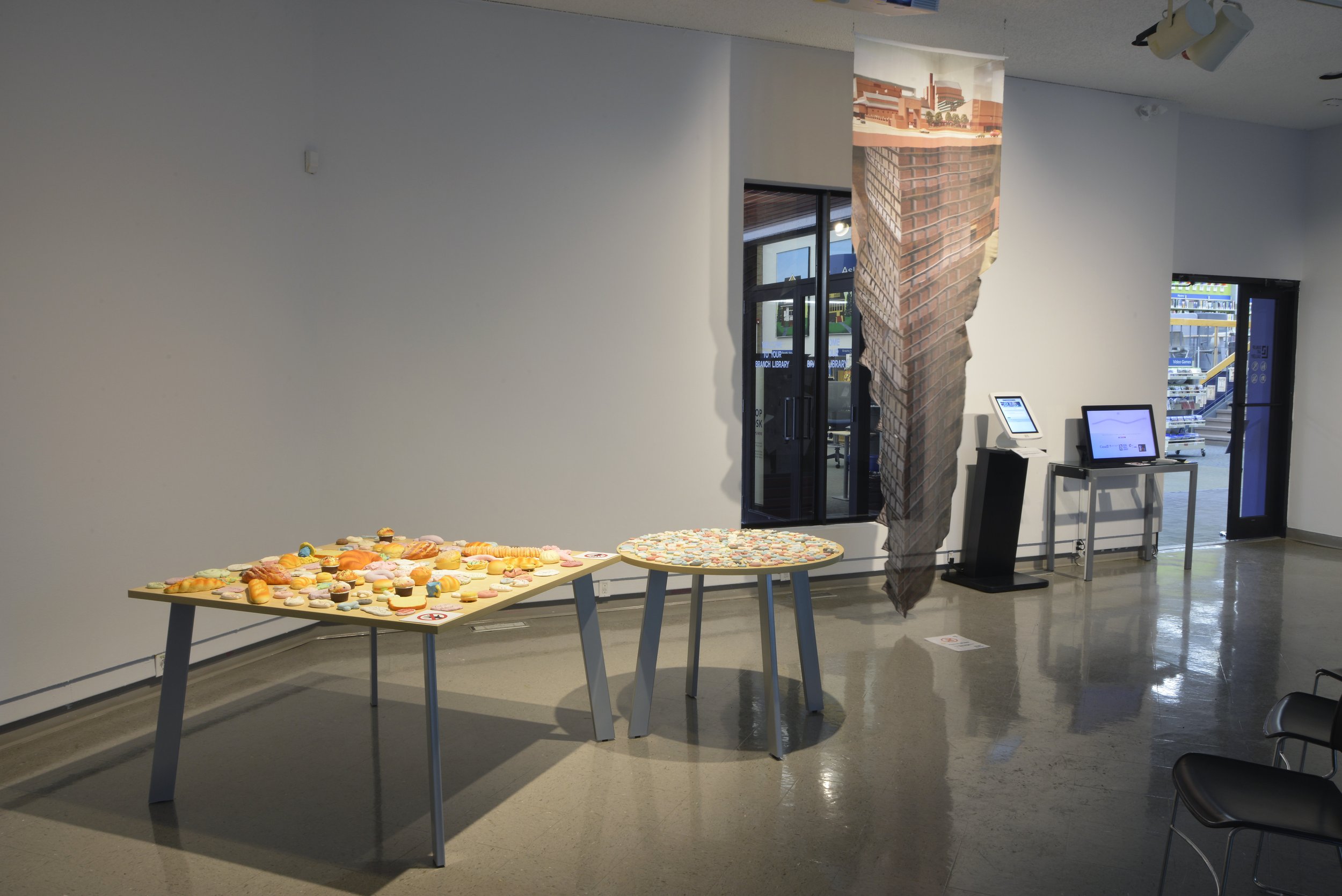
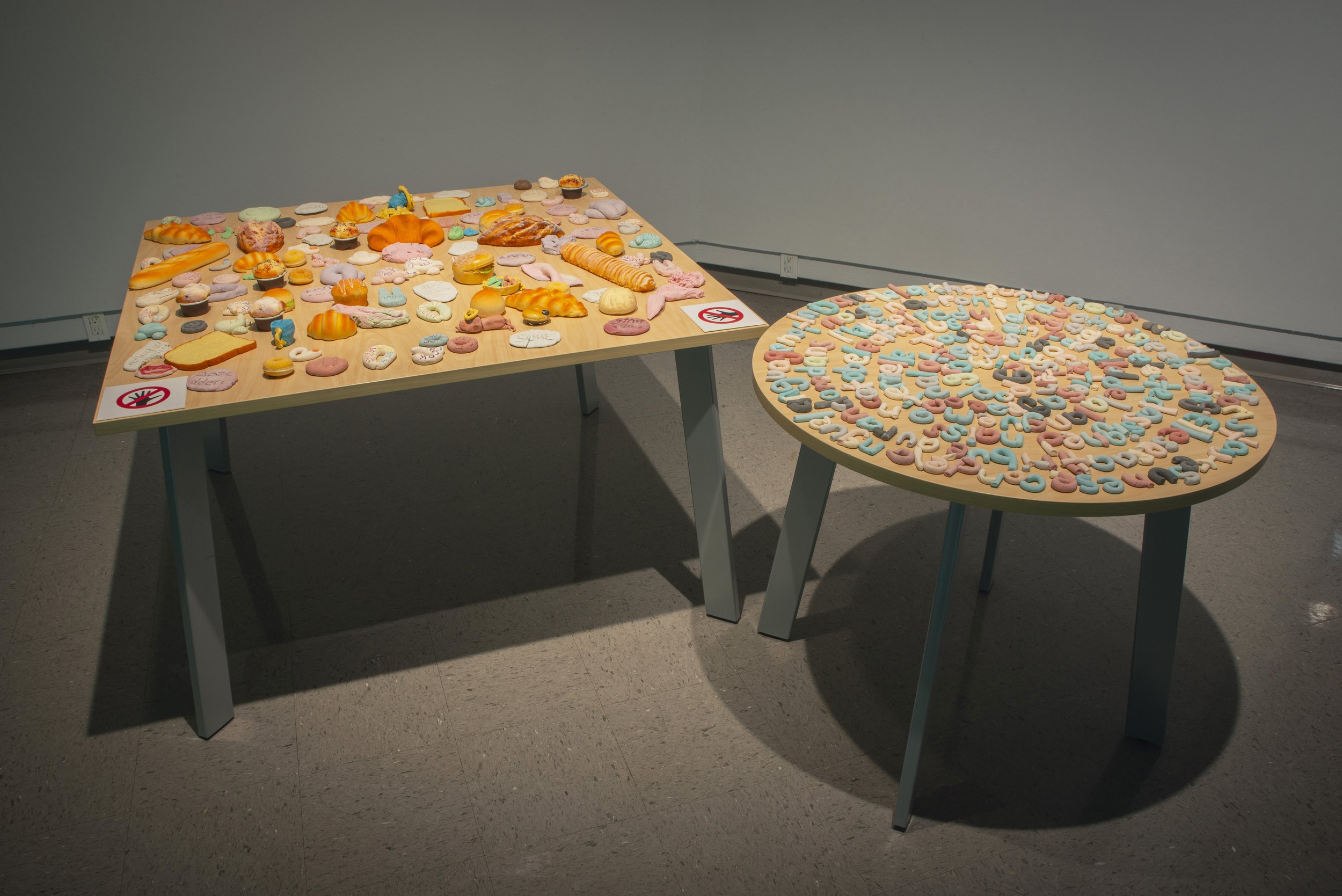
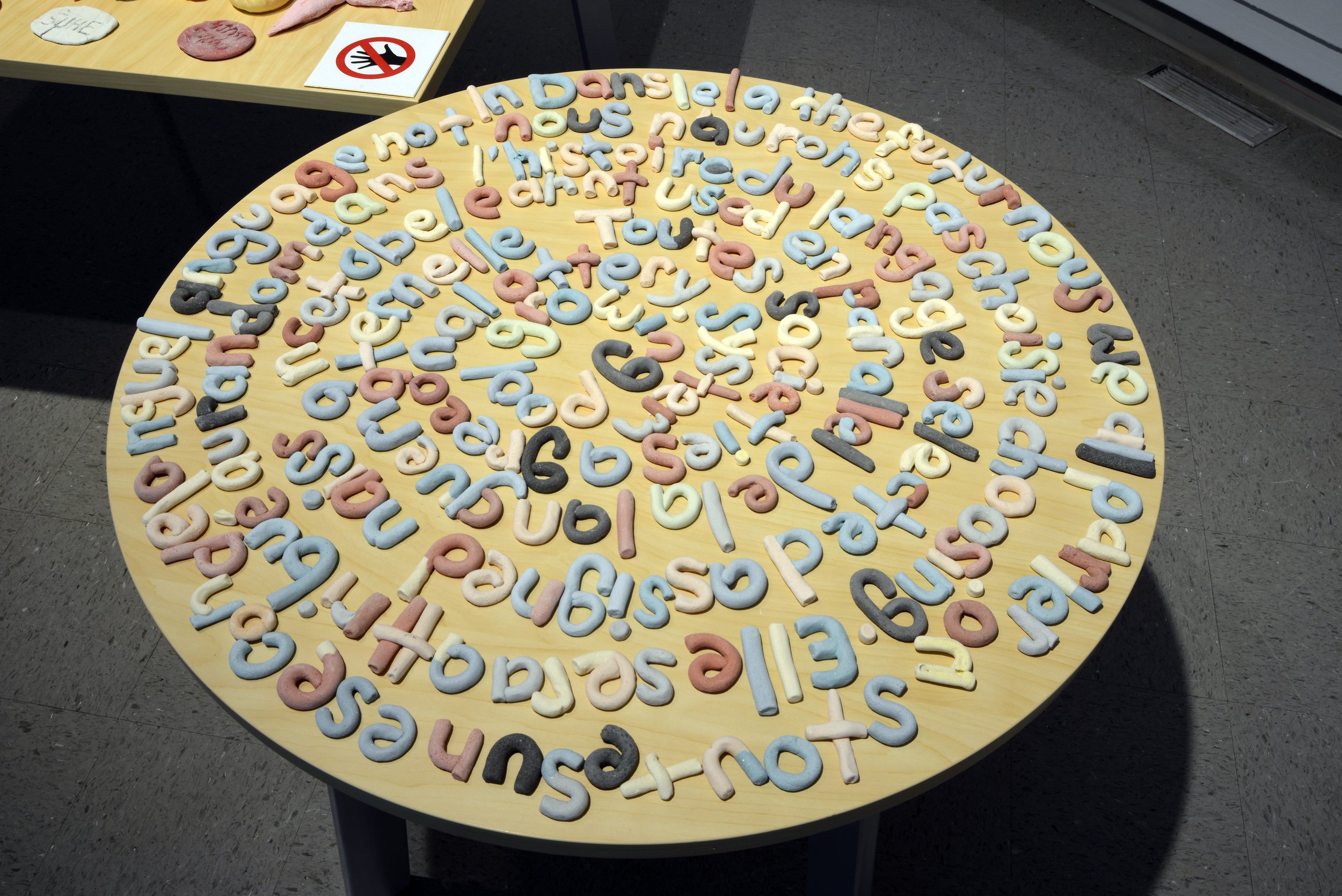
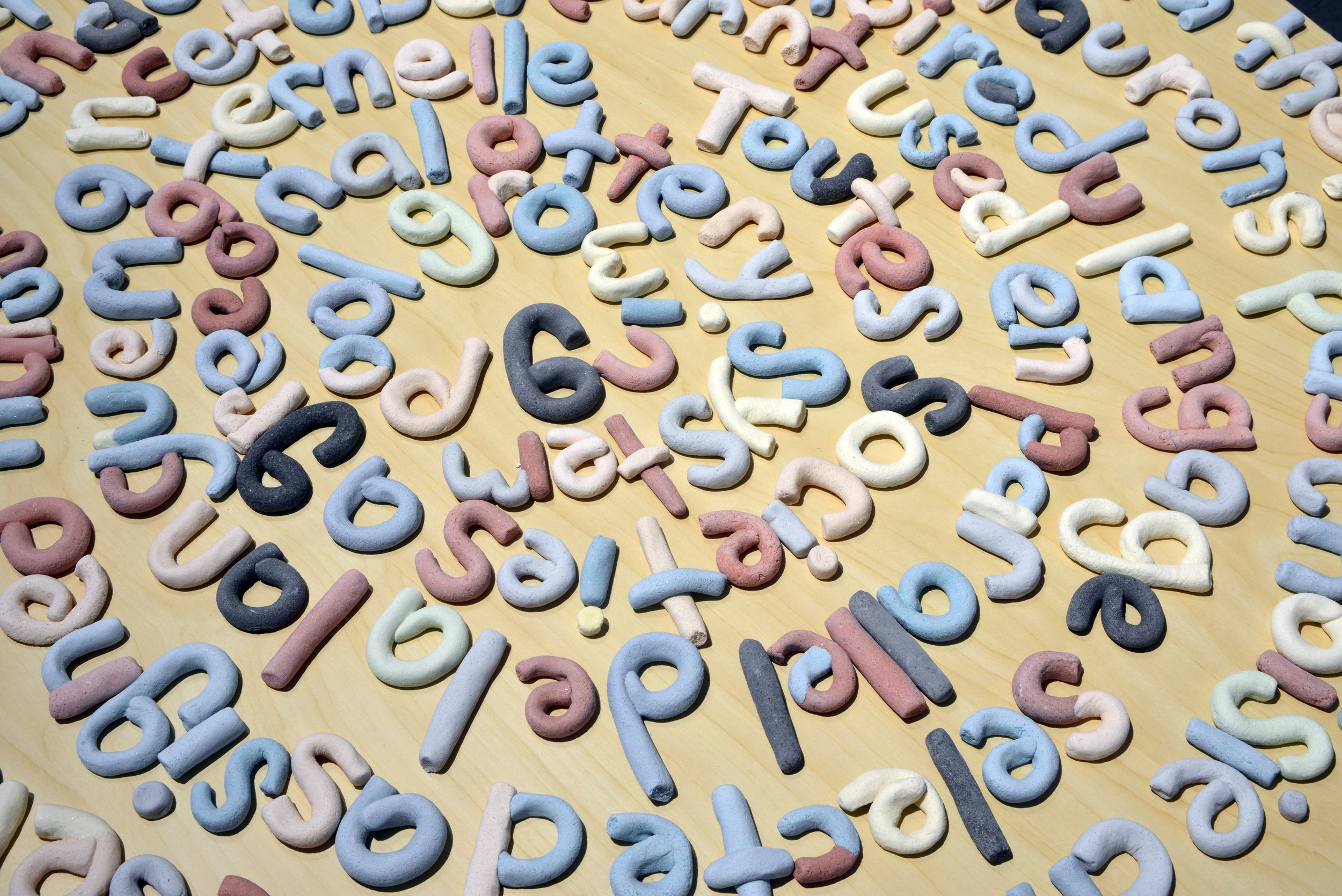
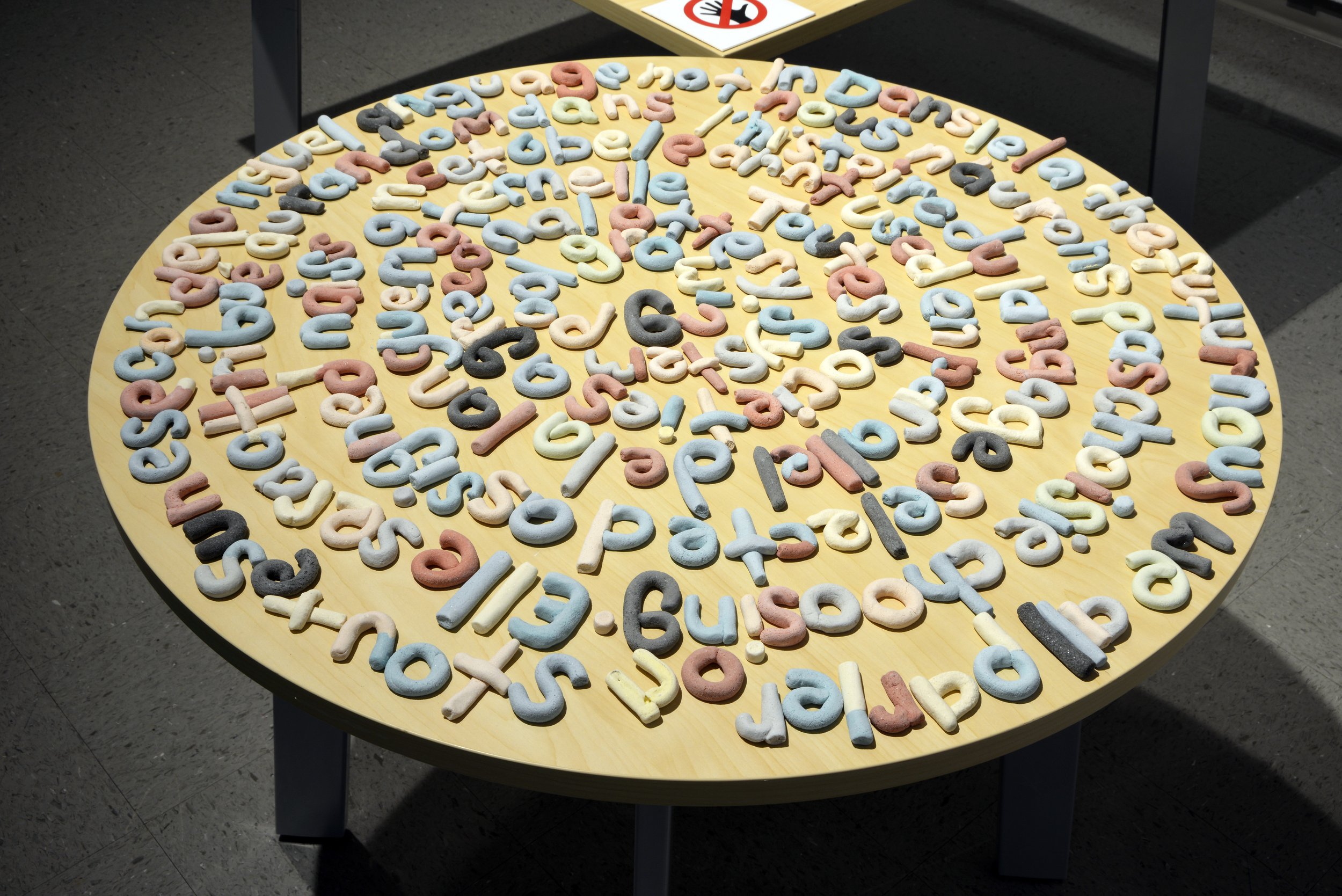
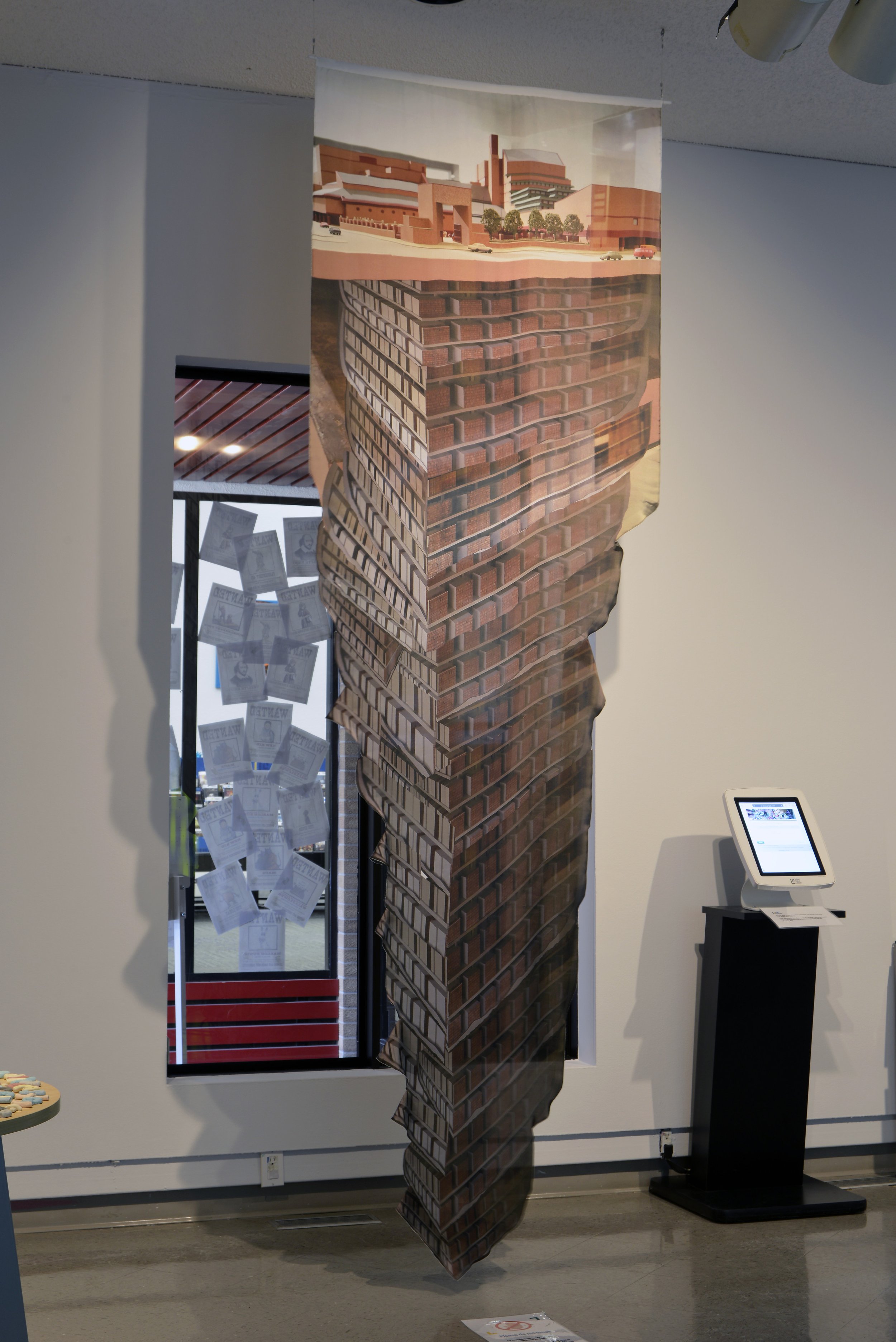

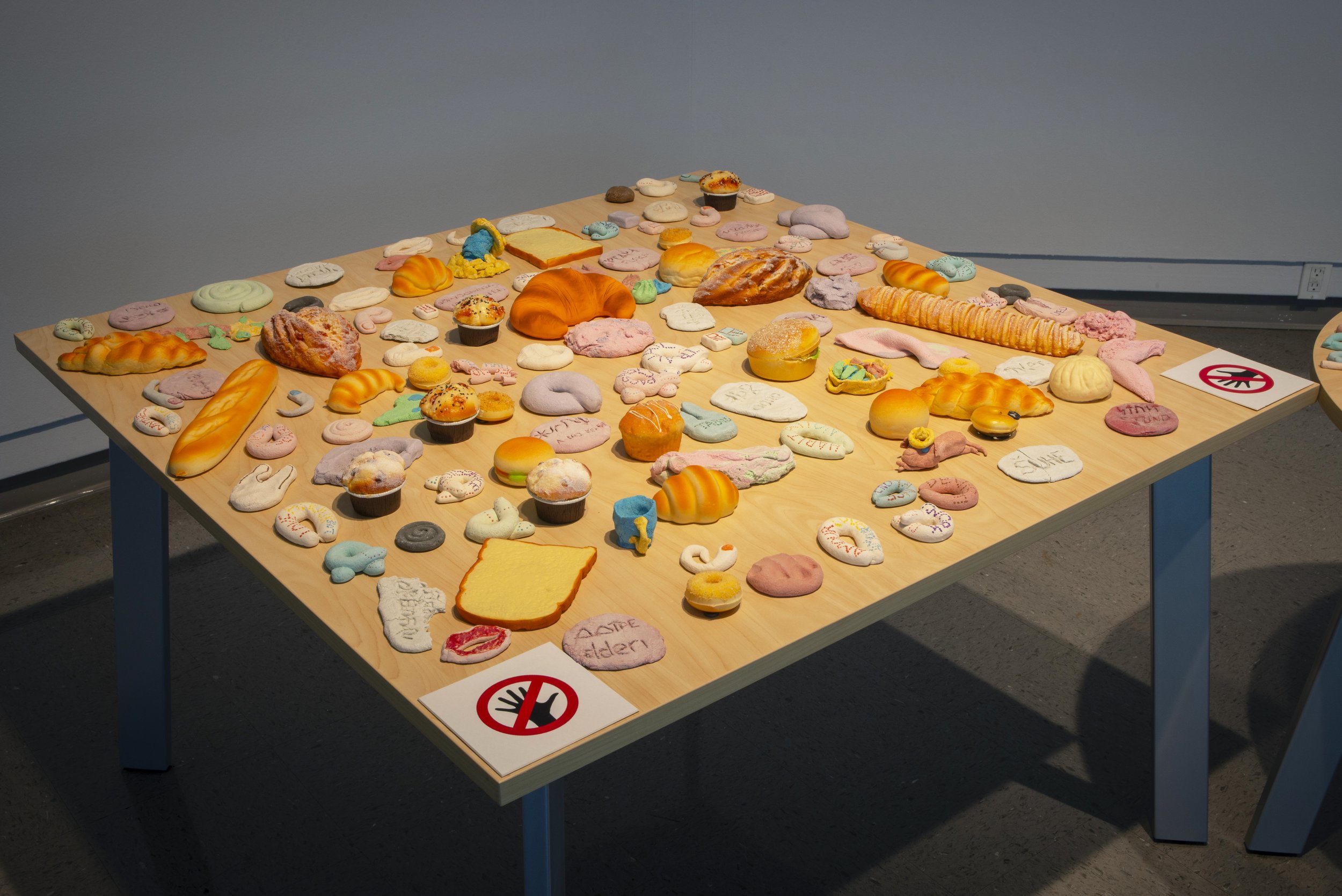
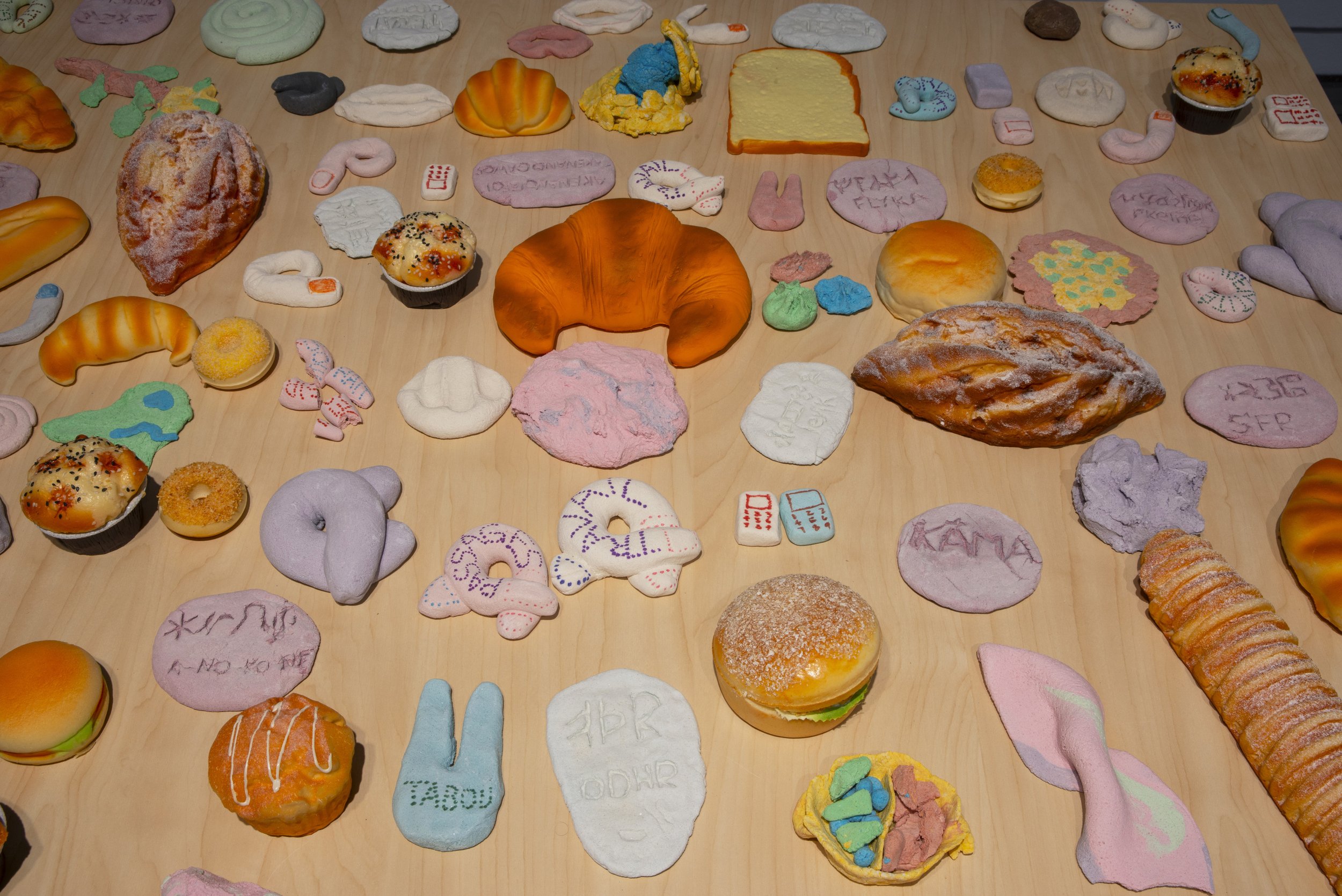
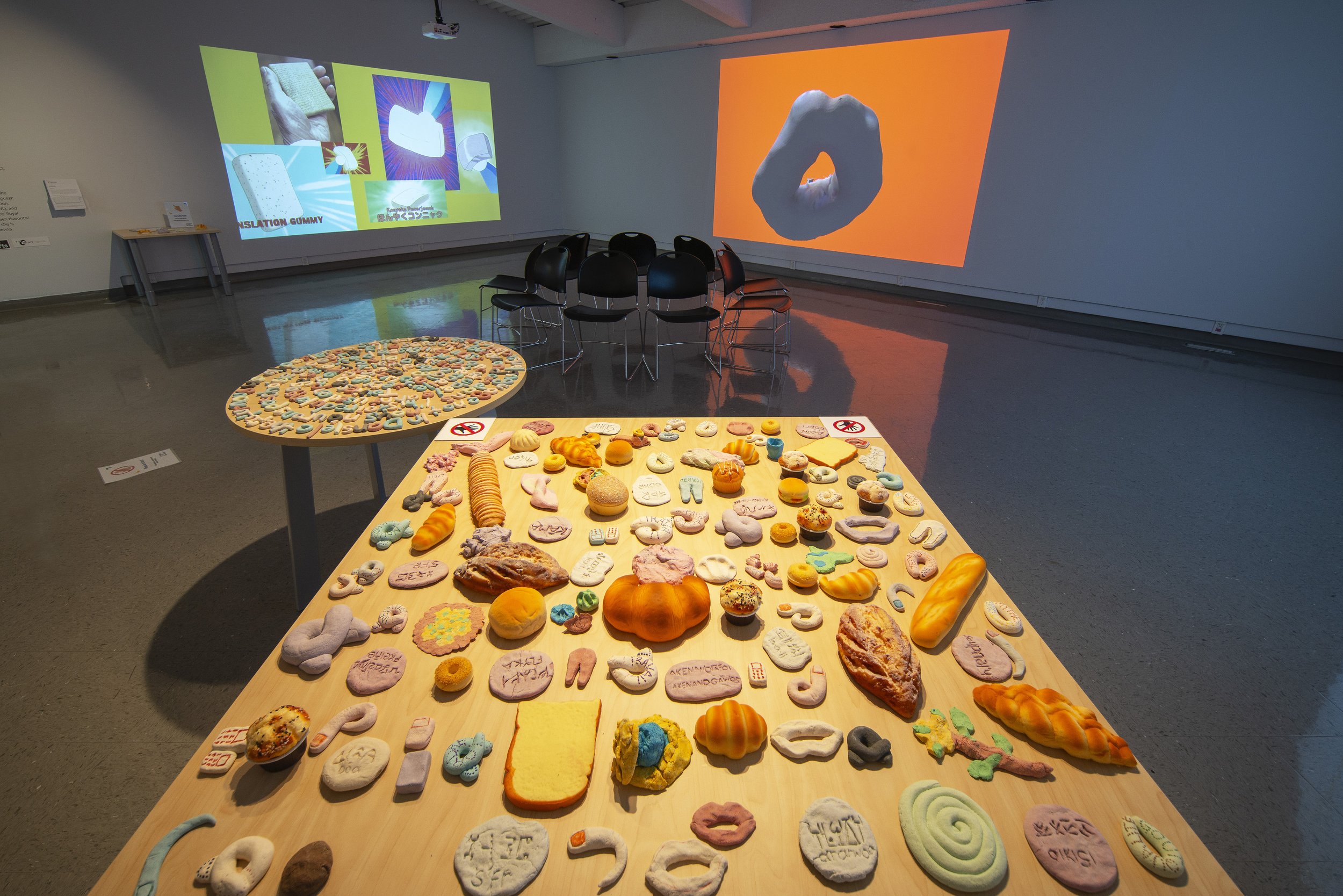

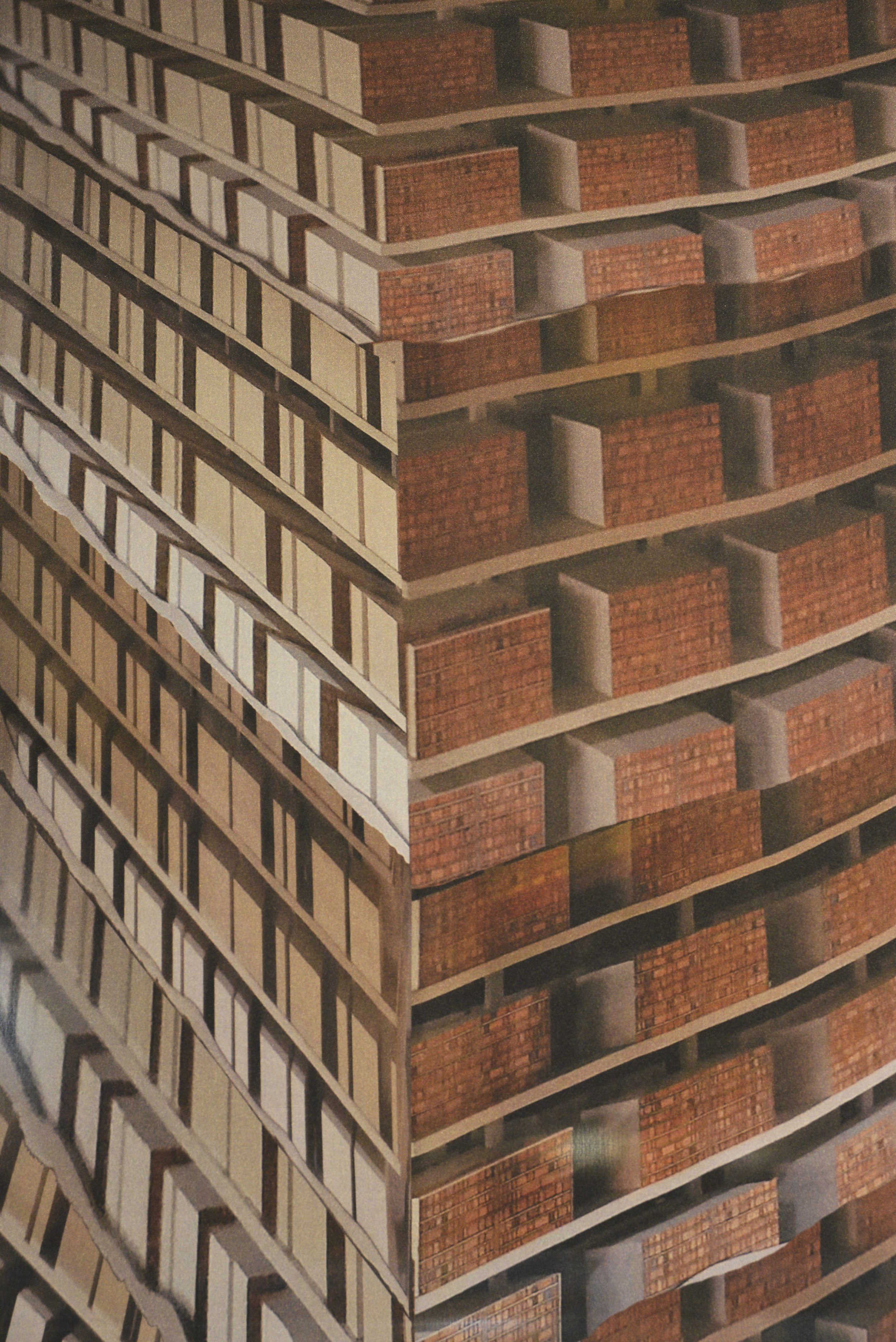
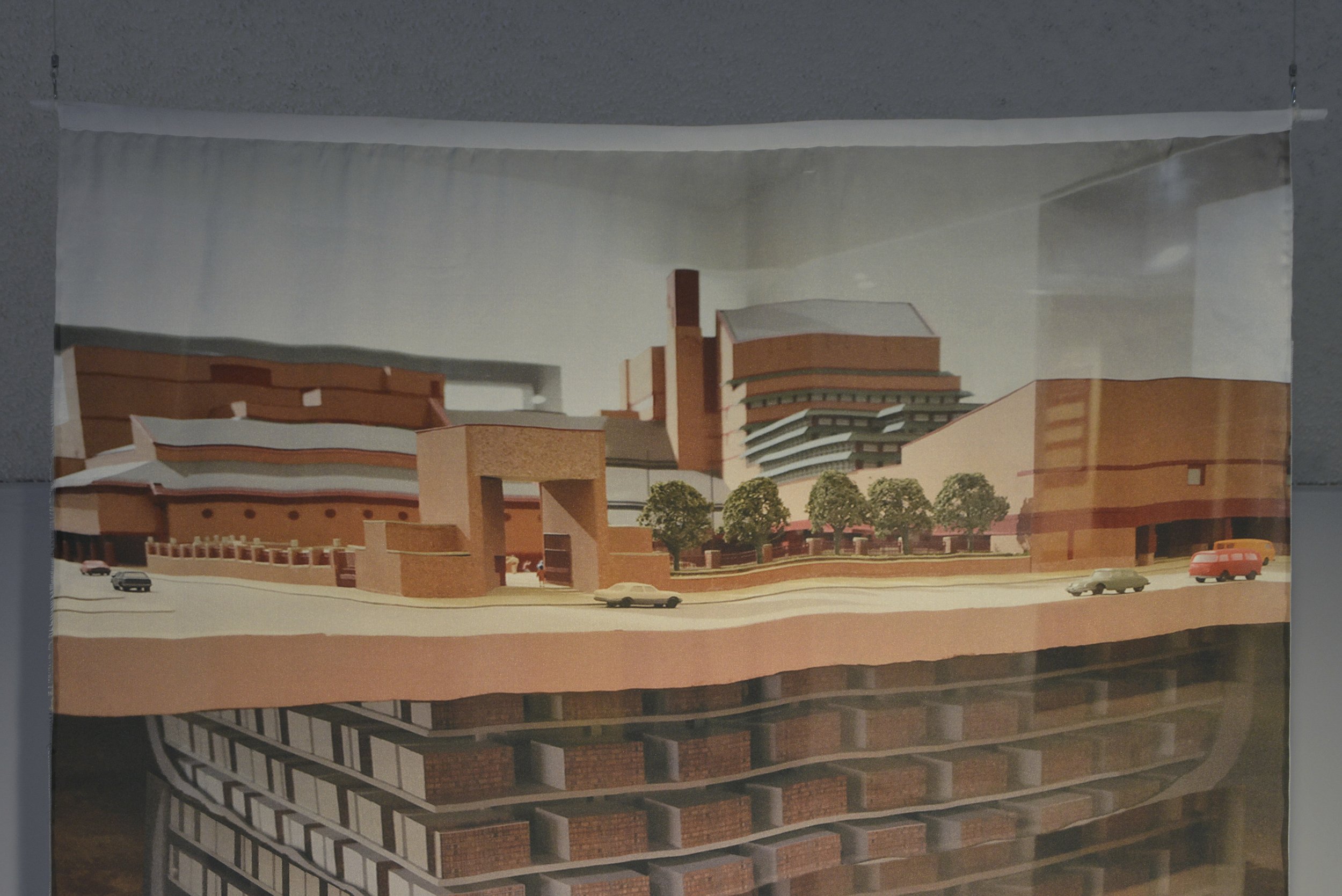
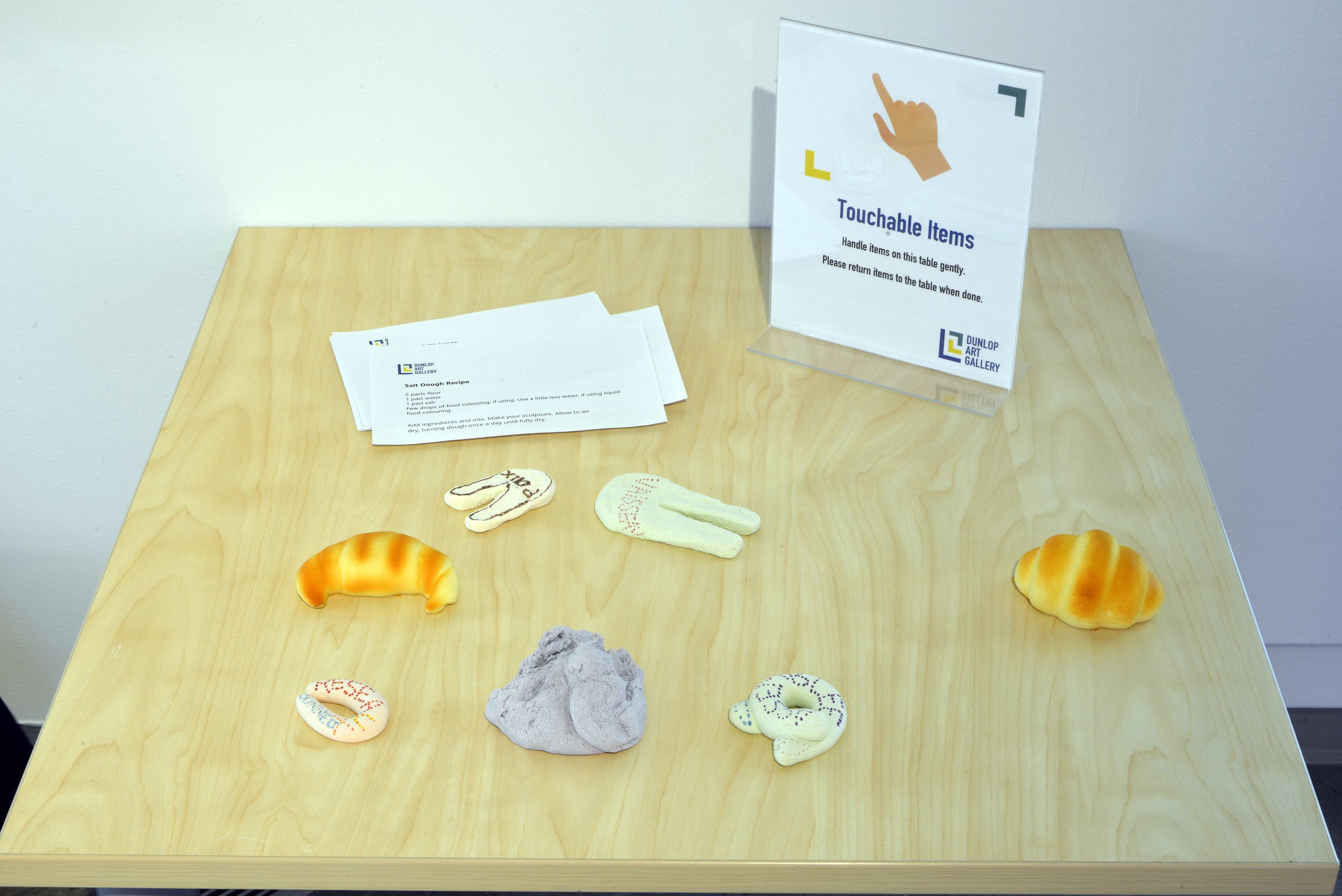





Media ↑

